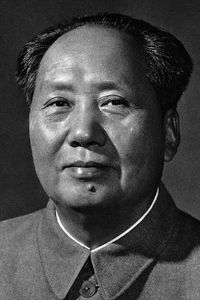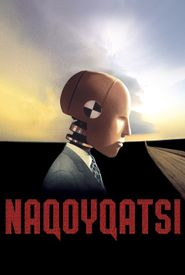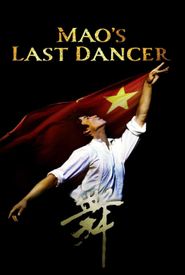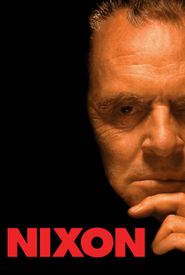Tse-tung Mao, alongside Yat-sen Sun and Kai-Shek Chiang, played a pivotal role in shaping modern Chinese history. Born to a peasant family in Shaoshan, China, on December 26, 1893, Mao was raised in the rural poverty of Hunan province, where he developed a deep-seated hatred for the Imperial Chinese government from a young age.
As a teenager, Mao left school to join the revolution against Manchu rule in 1911. Over the years, he became increasingly radicalized, and in 1921, he co-founded the Chinese Communist Party. When the power struggle between the Communists and Chiang Kai-shek's Nationalists escalated into open warfare in 1927, Mao proclaimed that "political power grows out of the barrel of a gun" and joined the fight.
Despite being outnumbered by Chiang's army, the Communists were slowly driven out of eastern China, and on the brink of defeat, Mao led a 6,000-mile retreat to the mountains of the northwest in 1934, known as "The Long March". Mao emerged as one of the top field commanders and became the chairman of the Chinese People's Communist Party.
After establishing a new headquarters at Yenan, Mao reorganized the shattered Red Army into a powerful guerrilla force. By 1937, they were fighting the invading Japanese army from their bases in Manchuria. Mao formed an uneasy alliance with the Nationalists to fight the Japanese, but soon after Japan's defeat in World War II in 1945, Mao's forces renewed their struggle against the Nationalists for control of China.
By exploiting Chiang's weaknesses and cultivating the support of rural peasants, the Communists were able to negate the Nationalist army's overwhelming superiority in men and materials. By late 1948, the tide had turned against Chiang, and in January 1949, Peking fell to the Red Army, forcing Chiang to flee into exile in Taiwan.
In October 1949, Canton, the last Nationalist stronghold, surrendered, and on December 7, 1949, the last Nationalists fled to Taiwan, leaving Mao as the undisputed leader of the newly formed People's Republic of China.
Mao established a "rule of law" similar to the Soviet Union's and began to rebuild the war-torn country. As a cunning, intelligent, and frequently ruthless leader, Mao slowly helped China grow into a world power. Relations with the US remained cold, and Mao sent Chinese "volunteers" to fight with his Communist allies in North Korea in the early 1950s.
Mao's so-called "five-year plans" to rebuild the farming and industrial economy cost the lives of millions of peasants and political opponents who spoke out against his policies. As relations with the Soviet Union deteriorated in the late 1960s, relations with the US slowly improved, and in 1972, the US and China officially established diplomatic relations, with the US officially recognizing the People's Republic of China.
As Mao grew older, his legendary large appetite led to his becoming grossly overweight by age 60, and his heavy smoking contributed to his growing health problems. Despite these issues, Mao remained firmly in control of his country until his death in 1976 at the age of 82.




























